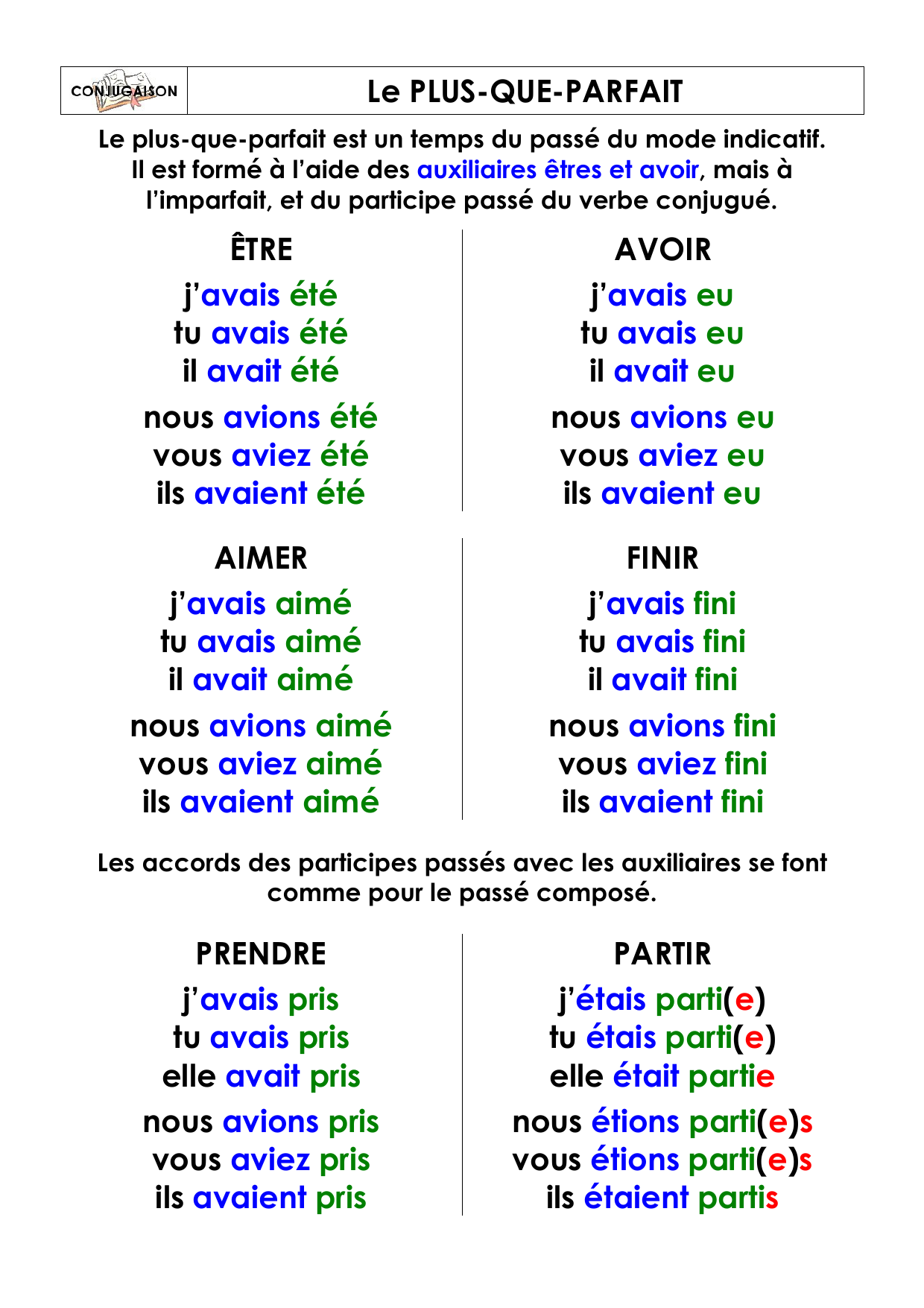

Is Chenonceau a vestige of a brutal feudal system, built on the backs of starving farmers? Absolutely. Picture source: (15).jpgĪnd yet: like so many things in France, it’s more complicated than it looked to me at first glance. The influence of women at Chenanceau has always been strong, leading to its nickname, the Château des Dames. Menier assisting in surgery at the château during World War I. As I looked out of the windows at the beauty of the sun setting over the Cher River, I found myself wondering, over and over again: just how many peasants did one have to starve in order to build such an edifice? Mme. So, it was without great enthusiasm that I let myself be talked out of my general impulse to never, ever leave Paris and be talked into a tour of Chenonceau, one of the finer ones. In light of that lefty-ness, I’ve always had mixed feelings about the French fondness for the great Renaissance-era châteux. It’s also a good example of my family’s general lefty-ness-on both sides of the Atlantic, actually.


It’s a good example of the European tendency to have a very long memory, as compared to the typical American preference to look only towards the future. That’s where we chopped the Royalists’ fucking heads off, he said. Marie et Laurent se sont téléphoné.When I arrived in Paris for the first time, my cousin drove me by the Place de la Concorde. It is used in the sense of “each other” for these verbs. This is because the reflexive pronoun is an indirect object. The participe passé does not agree with the subject of the follwing verbs: se téléphoner, se parler, se mentir, se plaire (complaire/déplaire), se sourire, se rire, se nuire, se succéder, se suffire, se ressembler, s’en vouloir. This is because compte acts as a direct object. When using the verb se rendre compte, the participe passé does also not agree with the subject. The subject (elle) and the direct object (s’= reflexive pronoun) are the same person, so the participle agrees with the subject.īut the participe passé does not agree with the subject if the verb is followed by a direct object which is different from the subject. → Il les a rang ées.ģ) The participe passé of reflexive verbs generally agrees with the subject. If a pronoun is being used as a direct object, the pronoun comes before the verb, and the participe passé agrees in gender and number with this object. For some verbs, we need to make the participe passé agree in gender and number with either the subject or the object of the sentence.ġ) For verbs that are constructed using être, the participle agrees in gender and number with the subject.Ģ) For verbs that are constructed using avoir, the participle agrees in gender and number with a direct object coming before the verb otherwise it is invariable.


 0 kommentar(er)
0 kommentar(er)
